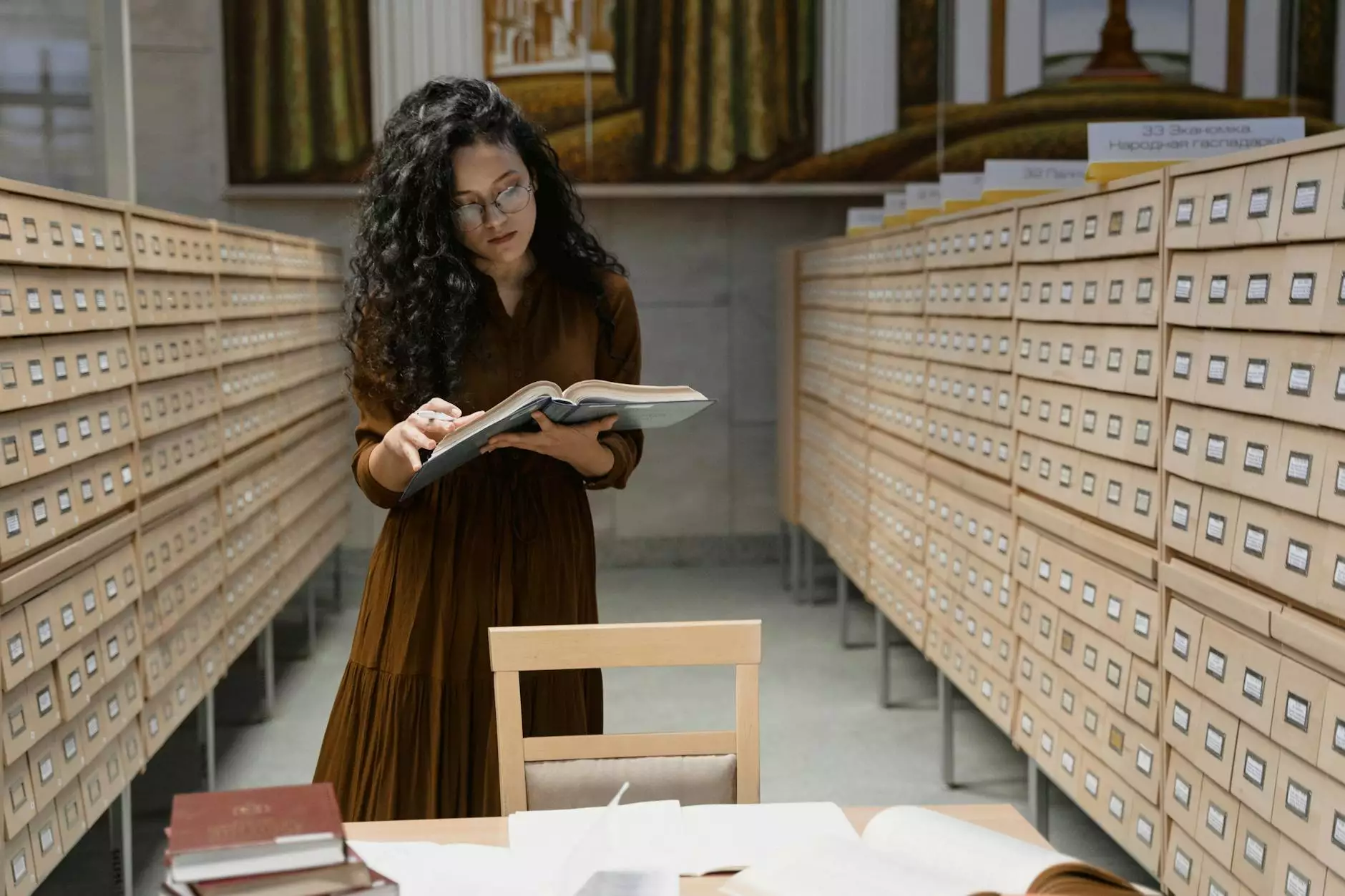Ep009 Independent Reading

The Importance of Independent Reading in Education
Independent reading plays a crucial role in nurturing a lifelong love for reading. It goes beyond assigned texts and encourages students to explore books on their own terms. In this episode of the Teachers Talk Shop Podcast, we discuss the significance of independent reading in education and how it can positively impact students' literacy skills and overall academic development.
Benefits of Independent Reading
Independent reading has numerous benefits for students of all ages. By allowing students to choose their own books and read at their own pace, it cultivates a sense of autonomy and engagement. Some key advantages of independent reading include:
- Improved Vocabulary: Regular reading exposes students to a wide range of words and phrases, expanding their vocabulary and enhancing their language skills.
- Enhanced Comprehension: Through independent reading, students develop critical thinking and comprehension skills as they make sense of the material on their own.
- Inspires Creativity: Reading different genres and styles stimulates imagination, encouraging students to think creatively and develop their own unique writing style.
- Expanded Knowledge: Independent reading exposes students to various topics, helping them acquire knowledge beyond their textbooks and fostering a well-rounded education.
- Boosted Empathy: Engaging with different characters and their experiences builds empathy in students, promoting social and emotional development.
- Improved Writing Skills: Regular reading exposes students to different writing styles and structures, helping them develop their own writing prowess.
- Stronger Analytical Thinking: Independent reading encourages students to analyze and evaluate texts, honing their critical thinking abilities.
- Stress Relief: Reading can help students relax and unwind, providing an escape from daily pressures.
Tips for Promoting Independent Reading
Creating an environment conducive to independent reading is essential to encourage students to embrace this practice. Here are some tips to foster a love for independent reading:
- Establish a Classroom Library: Set up a diverse collection of books in your classroom, catering to various interests and reading levels.
- Offer Choice: Allow students to select their own reading material, ensuring they have some control over their reading experiences.
- Set Reading Goals: Encourage students to set personal reading goals and track their progress. This provides a sense of accomplishment and motivation.
- Create Reading Communities: Facilitate book clubs or reading circles where students can discuss their favorite books with peers, fostering a sense of community and enthusiasm for reading.
- Integrate Technology: Leverage digital resources and e-books to provide students with additional reading options and flexibility.
- Model Reading Behavior: As an educator, showcase your love for reading by sharing your favorite books and discussing their impact.
- Provide Time for Independent Reading: Dedicate regular class time for independent reading, allowing students to immerse themselves in their chosen books.
- Recommend Books: Offer personalized book recommendations based on students' interests, helping them discover new authors and genres.
- Celebrate Reading Achievements: Acknowledge and celebrate students' reading milestones to motivate and reinforce the value of independent reading.
Conclusion
Independent reading is an invaluable component of any well-rounded education. By embracing this approach, educators can empower students to become lifelong learners, critical thinkers, and avid readers. Implementing the strategies discussed in this episode will help create a vibrant reading culture that extends beyond the classroom and benefits students for years to come.










